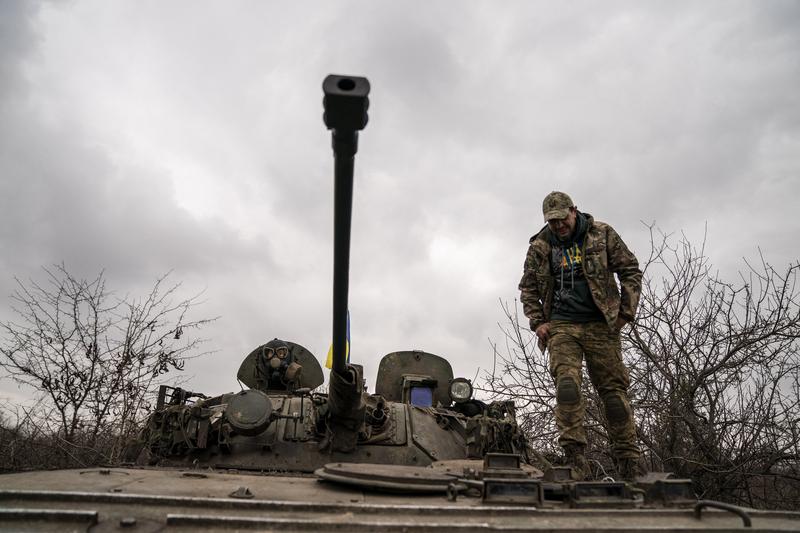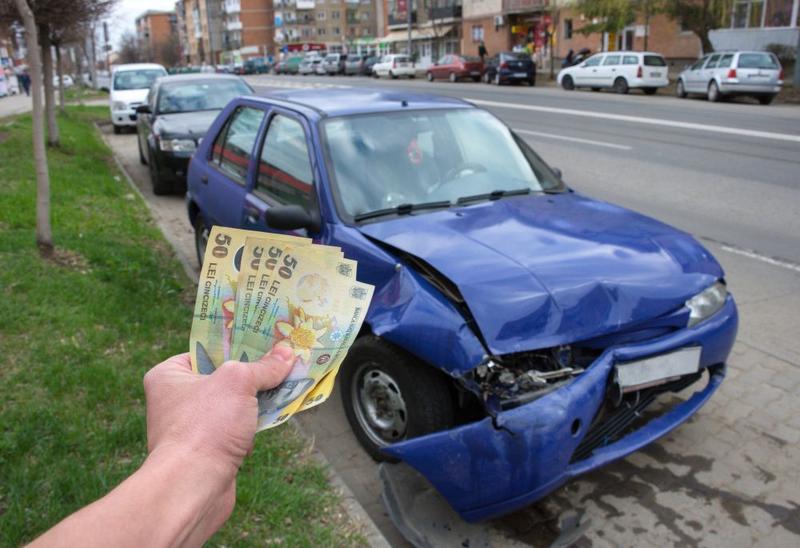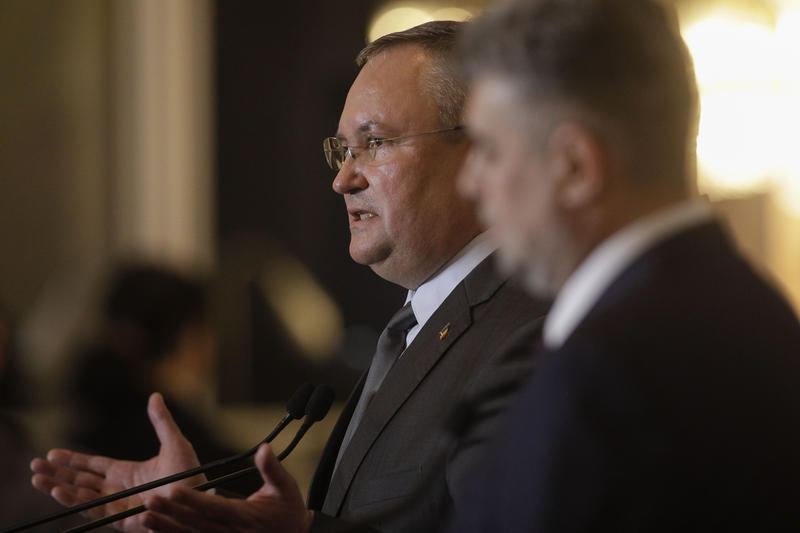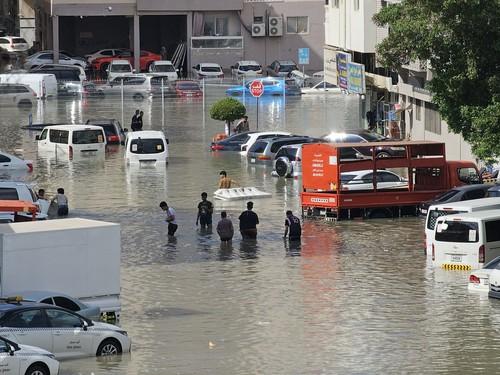The report issued by Amnesty International in 2008, published on Wednesday signals once again the allegations of involvement in secret CIA detentions, doubled by the refuse of authorities to reopen investigaitons. Romania is also mentioned in issues such as the intelorance and discriminaiton towards sexual minorities and Roma ethnics. Romanian gendarmes involved in an incident in Kosovo are also pointed at, as well as the precarious conditions in psychyatric institutions. President Basescu and Foreign Minister Cioroianu are reminded due to their racist remarks.
The report:
Background
Political instability in Romania in 2007 was widely attributed to rivalry between Prime Minister Călin Popescu-Tăriceanu and President Traian Băsescu. In April President Băsescu was suspended by Parliament, but in a referendum on impeachment in May a majority of the electorate voted for his retention. On 1 January, Romania became a member state of the EU. In its progress report in June, the European Commission urged Romania to implement a more transparent and efficient judicial process and warned that Romania must take tougher action to fight corruption.
‘War on terror"
Romania’s alleged involvement in the USA’s programme of secret detentions and renditions continued to be of concern. In February, the European Parliament concluded that Romania and Poland had failed to properly investigate claims that the USA operated secret detention facilities in their territory. It criticized Romania’s inquiry into the issue as superficial, and expressed concern about the lack of control by the authorities over US activities in Romanian military bases.
In June, the Rapporteur on secret detentions for the Parliamentary Assembly of the Council of Europe (PACE), Dick Marty, issued a second report revealing new evidence that US “high-value detainees” were held in secret US Central Intelligence Agency (CIA) detention centres in Poland and Romania between 2002 and 2005. A 2001 secret agreement among NATO members provided the basic framework for this and other illegal activities by the CIA in Europe, the report alleged.
In June, PACE commented that “it is now established with a high degree of probability that secret detention centres operated by the CIA, forming part of the High Value Detainee program, existed for some years in Poland and Romania”. PACE called for democratic oversight of military intelligence services and foreign intelligence services operating in both countries. It also called for transparent investigations and urged compensation for victims of unlawful transfers and detention. Romania denied involvement with secret detention centres and subsequently the Romanian delegation announced its withdrawal from PACE.
In response, the EU Justice, Freedom and Security Commissioner, Franco Frattini, wrote to the government in July to highlight its obligations under the European Convention on Human Rights to establish whether the allegations were true. He had warned in 2005 that member states could face penalties – including suspension of EU voting rights – if they were found to have taken part in the secret CIA prison system.
In November, Romania replied, denying allegations that secret CIA prisons had operated on its soil, and reiterated that a committee of inquiry set up by the government had already concluded that the allegations were unfounded.
In September, the European Committee for the Prevention of Torture denounced the use of secret detention and renditions in the fight against terrorism.
Discrimination - Roma
Roma Minorities, and in particular Roma, continued to confront serious discrimination, including in employment, housing, health and education. UNICEF reported in March that up to 70 per cent of Roma households had no direct water supply and that the segregation of Romani children into inferior schools and “Roma-only” classes also continued to be a concern. Hate speech and intolerance by the media and some public authorities continued.
In May, President Traian Băsescu reportedly called a journalist a “dirty gypsy”, but later apologized. The National Council for Combating Discrimination called for the President to explain himself.
There were tensions with Italy over Italy’s declared intention to expel Roma with Romanian nationality. In November, the Minister of Foreign Affairs Adrian Cioroianu said in a televised debate that he had considered “buying a piece of land in the Egyptian desert to send there all the people who tarnish the country’s image”. Adrian Cioroianu later apologized publicly but refused to resign. The Prime Minister “deplored” his Minister’s comments but took no further action. Several human rights organizations subsequently issued open letters demanding Adrian Cioroianu’s resignation, and a Roma NGO, Romani- CRISS, filed a complaint with the National Council for Combating Discrimination (Consiliul Naţional pentru Combaterea Discriminării, CNCD).
Discrimination – sexual orientation
LGBT people continued to face widespread discrimination and hostility. At June’s Bucharest GayFest parade, around 500 LGBT rights activists marched through the capital to demonstrate against discrimination and to call for the legalization of same-sex marriages. The march was opposed by the Orthodox Church and some politicians. Romanian riot police detained dozens of counter-demonstrators who tried to break up the march. Police fired tear gas to hold the counter-demonstrators at bay after some threw stones and attempted to break through protective cordons.
Police and security forces
In July, the UN Interim Administration Mission in Kosovo (UNMIK) reported that it was unable to identify which members of the Romanian Formed Police Unit stationed in Kosovo had been responsible for the deaths of two men during a demonstration in February in Pristina. In part, they could not identify the officers because they had been repatriated to Romania. The Romanian authorities did not acknowledge any personal responsibility among the officers, but a criminal investigation was opened under a military prosecutor in Bucharest.
\u0004 In July, the European Court of Human Rights issued its judgment in the case of Belmondo Cobzaru, a Romaniman beaten in custody by police officers in Mangalia in 1997. The Court ruled that Romania was in breach of the prohibition of inhuman and degrading treatment, the right to an effective remedy, and the prohibition of discrimination.
Mental health care
Concerns remained for people committed to psychiatric institutions, in particular children. In April, the Centre for Legal Resources (Centrul de Resurse Juridice, CRJ), an NGO, and UNICEF released a report citing cases of alleged violations of the human rights of children and young people with mental disabilities, including malnutrition; lack
of adequate clothing, medication or treatment; lack of trained staff; abusive application of patient restraint measures; and isolation from the rest of the community.
The report also highlighted cases of children who were allegedly confined to psychiatric hospitals without a specific treatment or diagnosis. It further accused local authorities of committing orphans to psychiatric institutions, in the absence of any alternative care.
Following a visit to the Rehabilitation and Recovery Centre in Bolintinul din Vale, the CRJ reported in June that conditions were virtually unchanged since its previous visit in 2003. Almost all 107 residents were poorly dressed or lacked any clothing at all, there were no rehabilitation activities, and patients were undernourished. Living conditions were inadequate with no privacy for the patients and extremely poor hygiene, resulting in the alleged spread of parasites and infections among patients.


















